23Sep 14
Interview
„NGOs are agents of discomfort“
Palm oil has a bad reputation. Many NGOs call for a boycott and refuse to work with the palm oil industry. The environmentalist Scott Poynton doesn't agree with them. Tobias Sennhauser member of the animal right organization tier-im-fokus.ch (TIF) wanted to know his reasons.
Archiv
Dies ist ein Beitrag von unserer alten Website. Es ist möglich, dass Bilder und Texte nicht korrekt angezeigt werden.
50% of packaged goods, cosmetics and processed foods on supermarket shelves contain palm oil or some palm oil derivative, on the ingredient list commonly called „vegetable oil“. However, the palm oil production has its drawbacks. What are these, and how can they be prevented? Tobias Sennhauser member of the animal right organization tier-im-fokus.ch (TIF) spoke with Scott Poynton who has answers.
Tobias Sennhauser: The palm oil production has been criticized with regard to human rights, animal protection and environmental issues. Do we actually need palm oil?
Scott Poynton: Well, we do need vegetable oils to help feed the rapidly growing human population. Palm oil is one of a number of oils. It rises above the rest because of its excellent yields per hectare – it is the most efficient of the oil crops, producing up to 8t of oil per ha compared to 1-2t/ha for soy or rapeseed.
Where does our palm oil come from?
Around 80% is produced in two countries – Indonesia (the largest producer) and Malaysia. Many other countries have smaller palm oil industries, e.g. African countries, Brazil, Colombia, but the bulk comes from Indonesia and Malaysia.
You brought up the term „the palm oil dilemma“. What do you mean by that?
Palm oil is a real dilemma in that it has been a wonderful driver of economic development in poor, remote rural parts of Indonesia and Malaysia. There are schools, hospitals, roads and other infrastructure where before there was only poverty. Yet much of that development has come at significant environmental cost. Much of the palm oil estate in Indonesia and Malaysia has been developed at the expense of forests and this has driven huge amounts of greenhouse gases (GHGs) into the atmosphere, particularly from cleared and drained peatland areas. These GHGs are causing climate change which ultimately will damage people’s lives. The forest destruction has been devastating for biodiversity and the ecological resilience of the landscape. This then is the dilemma – many good things coming from Palm oil developments, but many very bad things too.
What are the working conditions in the palm oil production, do the workers have insurance and living wages?
There are exemplary companies, yes, who look after their workers, provide them with good quality housing, a good wage, school for their children, healthcare facilities. There are other companies who don’t do this so well. But overall, I think that while there are of course bad cases, the palm oil industry does follow laws and good requirements with respect to looking after its workers. One issue that remains and really needs to be addressed with some urgency is the use of chemical herbicides and pesticides. Too often workers are not properly trained in how to use these and suffer sickness and long term health issues from poor practices when using chemicals.
What impact does the palm oil production have on the local non-human population?
The biggest issue is habitat destruction – plants and animals, particularly flagship species like orangutan, are being killed in huge numbers as their forest homes are destroyed and as forests are bulldozed. These plants and animals have nowhere else to go – they’re simply being wiped out.
There are many NGOs trying to solve the „palm oil dilemma“. You are a former environmentalist. Since working for The Forest Trust (TFT) you have become a consultant. What happened?
I am not a consultant and I am certainly not a „former environmentalist“. I remain an environmentalist but TFT works in a different way from all other NGOs. NGOs campaign against companies and point to them as being bad guys.
For instance if companies chop down natural forests.
NGOs are agents of discomfort. If the status quo becomes uncomfortable by virtue of an NGO attack, then most companies will look at the reasons why they’re being attacked and will try to find a solution. Sadly, this is where the process often breaks down. Companies can’t always see the way out of an issue and attacks come harder and faster and dealing solely with the attack and its fallout becomes their focus. It becomes a spiral and the original problem doesn’t get dealt with in this heated context.
TFT, on the contrary, works with multinational corporations involved in the palm oil market. What is your role?
We engage with the companies to help them find a way out of the mess. We help them to understand the NGO concerns – often the NGOs and the companies speak the same language but they miss each other’s meaning. We act very much as translators, helping each party to better understand the other and helping to constructively move to a solution. We believe that it’s people who need to engage together, in a human way, to solve problems. We’re not convinced that constantly beating people is a way to find a solution; it’s good to make them aware of problems but solutions can only come by sitting down and speaking together. It usually produces a better, more lasting result.
What do you expect from global players such as Nestlé?
Our aim in talking to Nestlé and others has always been to help them to implement sourcing practices that remove deforestation from their supply chains. So far only Nestle has made such a commitment; others need to follow.
The Roundtable on Sustainable Palm Oil (RSPO) – a certification scheme co-founded by the WWF – was created with similar intentions. A number of NGOs and palm oil producers agreed on certain sustainable „principles and criteria“ in their production. However, the German journalist Wilfried Huismann labelled it as greenwashing. He argues that there is no such thing as sustainable palm oil production because monoculture can never be sustainable. Is he wrong?
He’s not wrong, I believe that he is very correct. We are encouraging companies to establish mosaics of palm oil interspersed with natural forest areas. We believe this would make the plantation estate far more resilient. He is right that the roundtable allows unsustainable practices, such as the clearing of peatlands and deforestation. We don’t believe that roundtables are effective and plantations certified under the RSPO should not be considered as „sustainable“.
However, the strategy of WWF in working with the industry sounds very similar to yours. How is TFT different from WWF?
TFT works in a very different way from WWF. WWF works very closely with the Roundtable on Sustainable Palm Oil (RSPO). TFT is not an RSPO member and we have concerns that the scheme allows peatland clearance and deforestation. We prefer to work very deeply within supply chains, ensuring traceability back to the plantation source and making sure that growers are implementing practices on the ground that deliver „No Deforestation“ palm oil.
„No Deforestation“ palm oil?
We define it as palm oil which is sourced from companies with no link to deforestation on any of the estates they own or manage, who protect peatlands, High Conservation Value Forests and High Carbon Stock forests; who respect the rights of indigenous and local communities and who operate in legal compliance.
Our work takes us back down supply chains, from retailers and manufacturers, all the way through traders to growers, on the ground where we work to make sure that our members do not have any link to deforestation in their products.
What should consumers do about the palm oil dilemma?
Consumers need to ask questions! The people selling the products will get it that their customers are worried about this issue, that the standard responses don’t work and thus that the company needs to do more. Ask the company why it hasn’t made a No Deforestation commitment for all its products. It should have and until it does, consumers should continue to ask those tough questions – does the product have a link to deforestation? If they don’t know, please tell them that’s not good enough.
And don’t be satisfied if the company says that the oil is RSPO certified because even if that is the case, the RSPO standard is very weak. RSPO certified palm oil operations can still cut down secondary forests which are home to orangutan and other endangered species.
The Forest Trust is a global environmental charity based in Switzerland. It was founded by Scott Poynton in 1999 and has offices all over the world. TFT helps companies and communities to deliver responsible products. Apart from palm oil it also focuses on the pulp industrie.
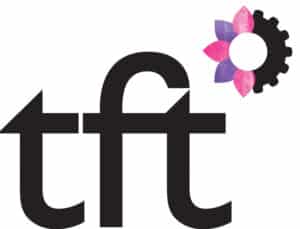

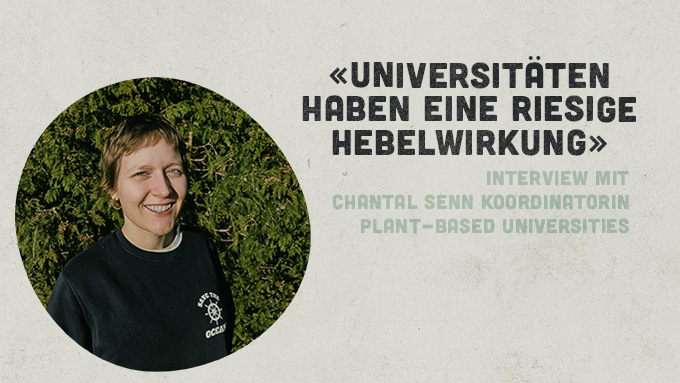
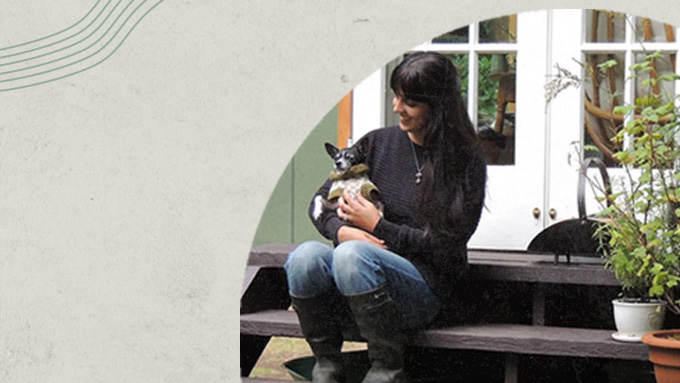
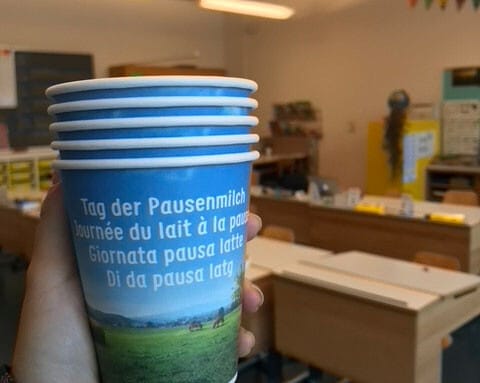
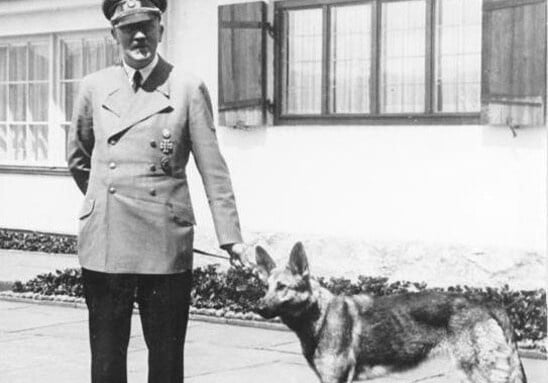
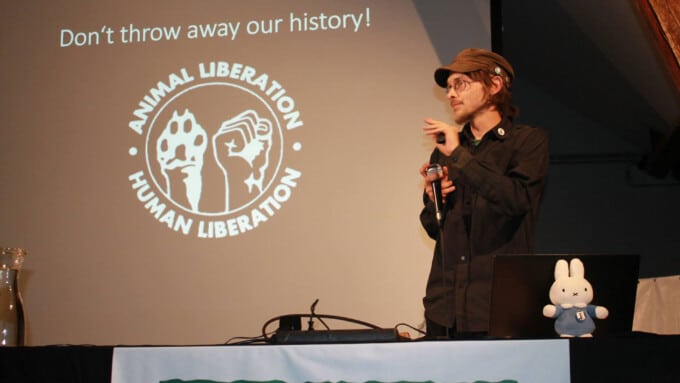



Noch keine Kommentare